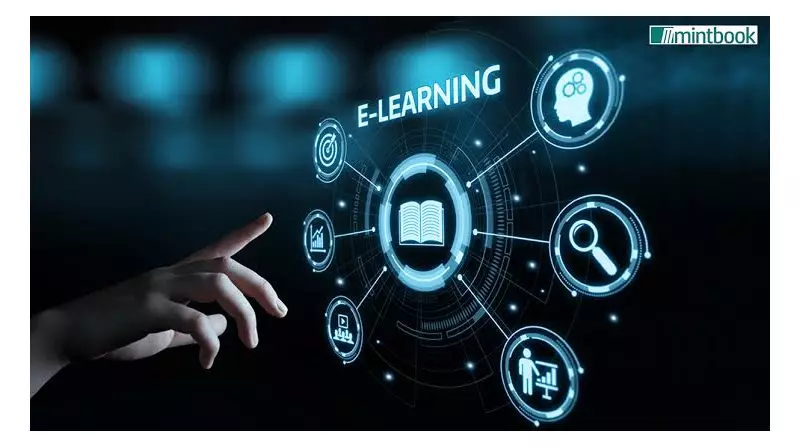
In a groundbreaking shift for Nigeria's educational landscape, experts are championing a revolutionary approach to digital learning that goes beyond technical skills. The focus is now turning to emotional intelligence as the missing piece in virtual education.
The Human Element in Digital Classrooms
As Nigerian schools and universities increasingly embrace online learning platforms, education specialists are sounding a crucial alarm: technology alone isn't enough. According to leading voices in the field, the success of digital education depends heavily on developing students' emotional capabilities alongside their academic knowledge.
Dr. Arome Aku, a prominent educational consultant, emphasizes this paradigm shift: "We've been so focused on getting the technology right that we've neglected the human element. Emotional intelligence isn't just a soft skill—it's the foundation that determines whether digital learning actually works for Nigerian students."
Why EQ Matters in Virtual Learning
The push for emotional intelligence integration comes from recognizing unique challenges in digital education environments:
- Self-motivation struggles: Without physical classroom structures, students need stronger internal drive
- Digital communication gaps: Online interactions require heightened emotional awareness
- Isolation challenges: Virtual learning can create feelings of loneliness and disconnection
- Stress management: Technology-related frustrations demand better emotional regulation
Practical Strategies for Nigerian Educators
Education experts recommend several actionable approaches for integrating emotional intelligence into digital learning:
- Emotion-check sessions: Begin virtual classes with brief emotional awareness exercises
- Collaborative projects: Design group activities that require empathy and social skills
- Digital mindfulness: Incorporate short meditation or reflection breaks during online sessions
- Emotional vocabulary building: Teach students to articulate their feelings accurately
The Future of Nigerian Education
This emphasis on emotional intelligence represents a significant evolution in how Nigeria approaches education technology. Rather than simply digitizing traditional teaching methods, educators are reimagining what comprehensive learning means in the 21st century.
The ultimate goal? Creating digitally literate students who are also emotionally resilient, socially competent, and prepared for the complex demands of modern workplaces and communities.
As Nigeria continues to expand its digital education infrastructure, this human-centered approach could become the country's secret weapon in developing well-rounded, future-ready graduates.





